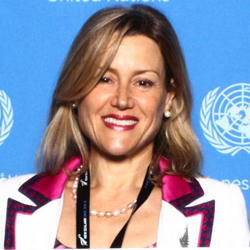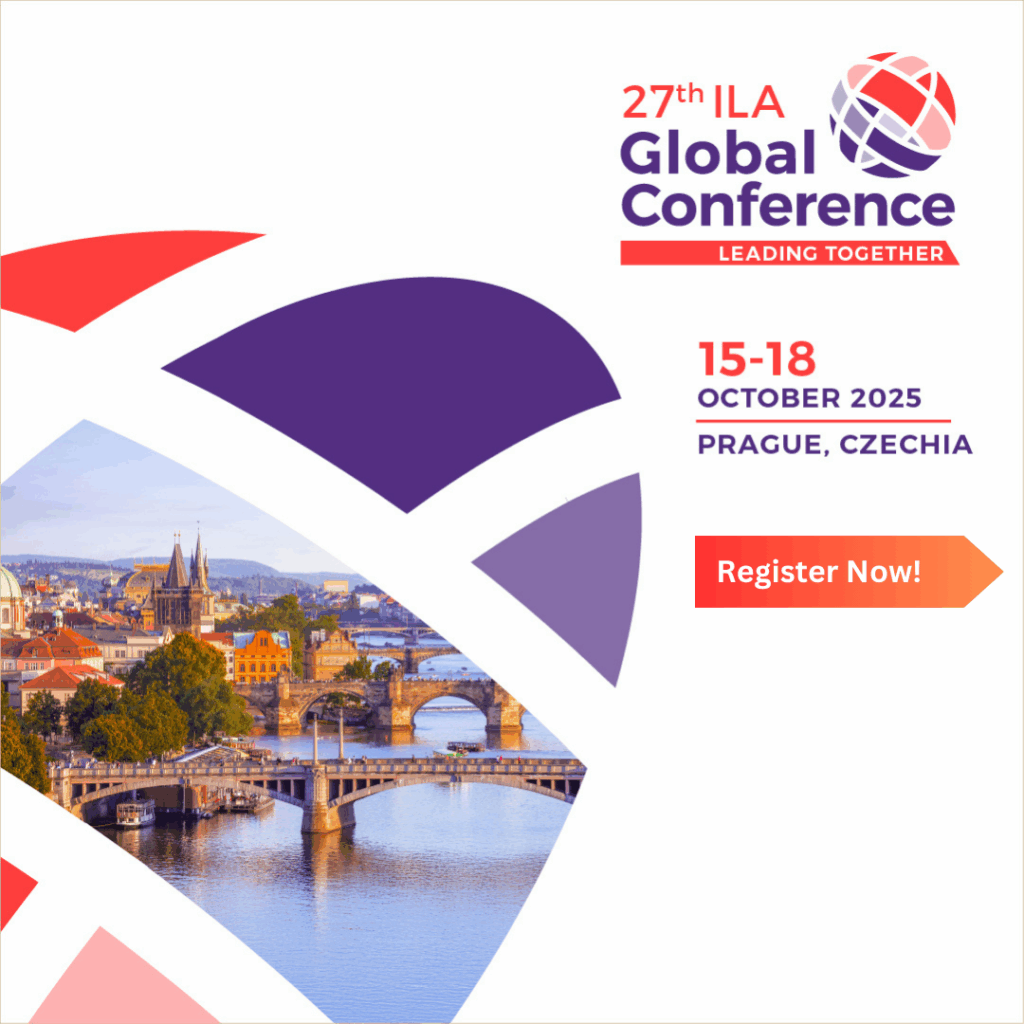
by Amanda Ellis
12 August 2020
Share this article:
“This is how we can emerge from the pandemic in all of its dimensions: by recognizing that women are not just victims of a broken world; they can be architects of a better one,” Melinda Gates
As we deal with the devastating impacts of the COVID-19 pandemic and its disproportionate impact on women, minorities and the poor, much has been written about the effectiveness of the leadership traits exhibited by women. Comprising only some 8% of political leaders globally, women have accounted for an estimated 40% of the most successful responses to COVID-19! New York Times columnist Nick Kristoff’s comparative analysis pointed out that women-led countries have a six-times lower death rate than those led by male counterparts in similar countries.
What has been different in women’s leadership? Emphasis on consultation and collaboration with scientists and experts; compassion for putting people’s lives first – which also turns out to be best for the economy in the long run; transparency, flexibility and a willingness to admit mistakes; clear, consistent communication and encouraging values of cooperation and empathy.
So why, in 2020, are there still so few women in leadership?
September 2020 marks the 25th anniversary of the Fourth World Conference on Women: Action for Equality, Development and Peace convened in Beijing. As we approach that milestone it’s an opportune time to take stock and reflect on progress. It is sobering how much the odds are still systemically stacked against women.
The playing field is still far from level for women, girls, and LGBTQ+. There have been noble declarations and good intentions of gender equality since the founding of the United Nations. From the Universal Declaration of Human Rights in 1947, to Millennium Development Goal (MDG) 3 in 2000, through to UN Sustainable Development Goal (SDG) 5 to promote gender equality and the empowerment of women and girls governments have committed and recommitted. But where is the follow through? Not a single country has yet achieved full gender equality in practice in 2020. The World Bank Women Business and the Law project tracks legal progress as it impacts the business world and it is depressing to note that in only eight of 193 UN member countries is gender equality even fully legislated! This has implications for everything from land tenure to business loans, creating sub-optimal outcomes for people, profits, and planet.
The impact of COVID-19 on women
Crises expose underlying fragilities and exacerbate existing inequalities. The UN Secretary-General’s policy brief underscored the regressive impact of COVID-19 on gender equality. For example, while women make up only 39% of global employment they account for 54% of overall job losses, women’s jobs are almost twice as vulnerable to the crisis as men’s and women are both victims of the digital divide and at increased risk of domestic violence. In addition, women are the majority of health care workers on the front lines of the COVID-19 pandemic. There is also the “triple care” burden many women face at home in trying to manage a remote role, take care of children engaged in home schooling as well as assisting elderly relatives at heightened risk of COVID-19. Women’s unpaid contributions to health care alone equate to 2.35% of global gross domestic product, or the equivalent of nearly $1.5 trillion.
Crises expose underlying fragilities and exacerbate existing inequalities.
Why gender equality matters for everyone.
Research clearly shows the central importance of women’s economic well-being to that of family, community, and society. Recent McKinsey research suggests as much $13 trillion could be added to global GDP in 2030 by taking gender-informed action to address COVID-19. Emerging data suggests that only 17% of economic and social protection policies implemented by governments are gender-sensitive. The G7 working group on women’s economic empowerment has provided excellent guidance to governments to alert them to the critical importance of a gender lens in COVID-19 response and recovery plans. It is past time to dismantle the obstacles to gender equality, for everybody’s sake.
Systemic gender inequality and fewer women leaders are linked to slow progress on sustainability outcomes too. Research from the IFC and Foreign Policy reveals women are more likely than their male counterparts to put a premium on sustainability, both in politics and in business. This is of critical importance given the links between COVID-19 and the climate crisis. As a recent report from UNEP pointed out, we need to address not just the symptoms but the underlying causes of the pandemic if we are to prevent further and potentially much more serious outbreaks of zoonotic diseases, as well as the forecasts of severe climate-induced damage. Trillions are being borrowed against the future to combat the impacts of COVID-19. That money needs to be spent not to return to some fictional “normal” that will continue to rapidly accelerate catastrophic climate change, but to re-invent a future that keeps our planet habitable. IMF Chief Kristalina Georgieva so well describes our current imperative: not to build back better, but “to build forward better”.
Why women entrepreneurs are key to building forward better.
Despite the systemic obstacles, innovative women “solutionaries” are architecting transformative futures not only in government, but also in public service, business, in the climate movement and in entrepreneurship.
The ILA is a partner in an innovative global business competition to showcase women entrepreneur “solutionaries” who are supporting the UN Sustainable Development Goals and leading the way to make our societies more resilient and sustainable. Launched by UN Secretary General Gutteres and the Council of Women World Leaders at the UN General Assembly in 2018, the WE Empower UN SDG Challenge honors women entrepreneurs who are modeling sustainable business practices and gender equality in support of the UN SDGs. WE Empower invests in their growth – including an ILA leadership coach for each of the awardees – and ignites awareness about the positive multiplier impact they have as women leaders in their communities, thereby aiming to change social norms and provide positive examples of the transformative possibilities of innovative women-led business models.
While women have been hardest hit by COVID-19, they are also often leading the way in “building forward better.” Many women entrepreneurs have responded to the incredible challenges with both grit and innovation, pivoting rapidly to cope with the impact of the crisis and help create better futures. Lina Khalifeh from Jordan took her business training women to deal with domestic violence online, Leah Lizarondo from the US doubled the number of volunteers helping to provide much needed free food to those in need, young water engineer Christelle Kwizera from Rwanda used her WE Empower grant money to ensure local schools had running water for access to hand washing. Bessie Schwarz from the US is working in 20 countries with Big Data to inform grassroots women’s groups about flood prevention.
As the UN Secretary General points out, “how the world recovers from COVID-19 is a ‘make-or-break moment’ for the health of our planet…to rebuild a world that is cleaner, fairer and safer for all.” To build forward better, we must live up to our own existing promises of gender equality and the empowerment of women and girls, to truly level the playing field for the benefit of all. We must not waste the COVID-19 crisis. Let’s embrace the transformative leadership we need and shift perspectives to recognize, as Melinda Gates so eloquently asserts, “that women are not just victims of a broken world; they can be architects of a better one”.

Amanda Ellis is Executive Director, Global Partnerships for the ASU Global Futures Laboratory and co-chair for the ILA 2021 Conference in Geneva, Switzerland. She is former New Zealand Ambassador and Permanent Representative to the United Nations in Geneva (2013-16) and Prime Minister’s Special Envoy. An economist by training, Amanda held senior roles at the World Bank, the International Finance Corporation, and Westpac Banking Corporation. Amanda is a founding member of the Financial Alliance for Women and the recipient of the TIAW Lifetime Achievement Award for services to women’s economic empowerment.


